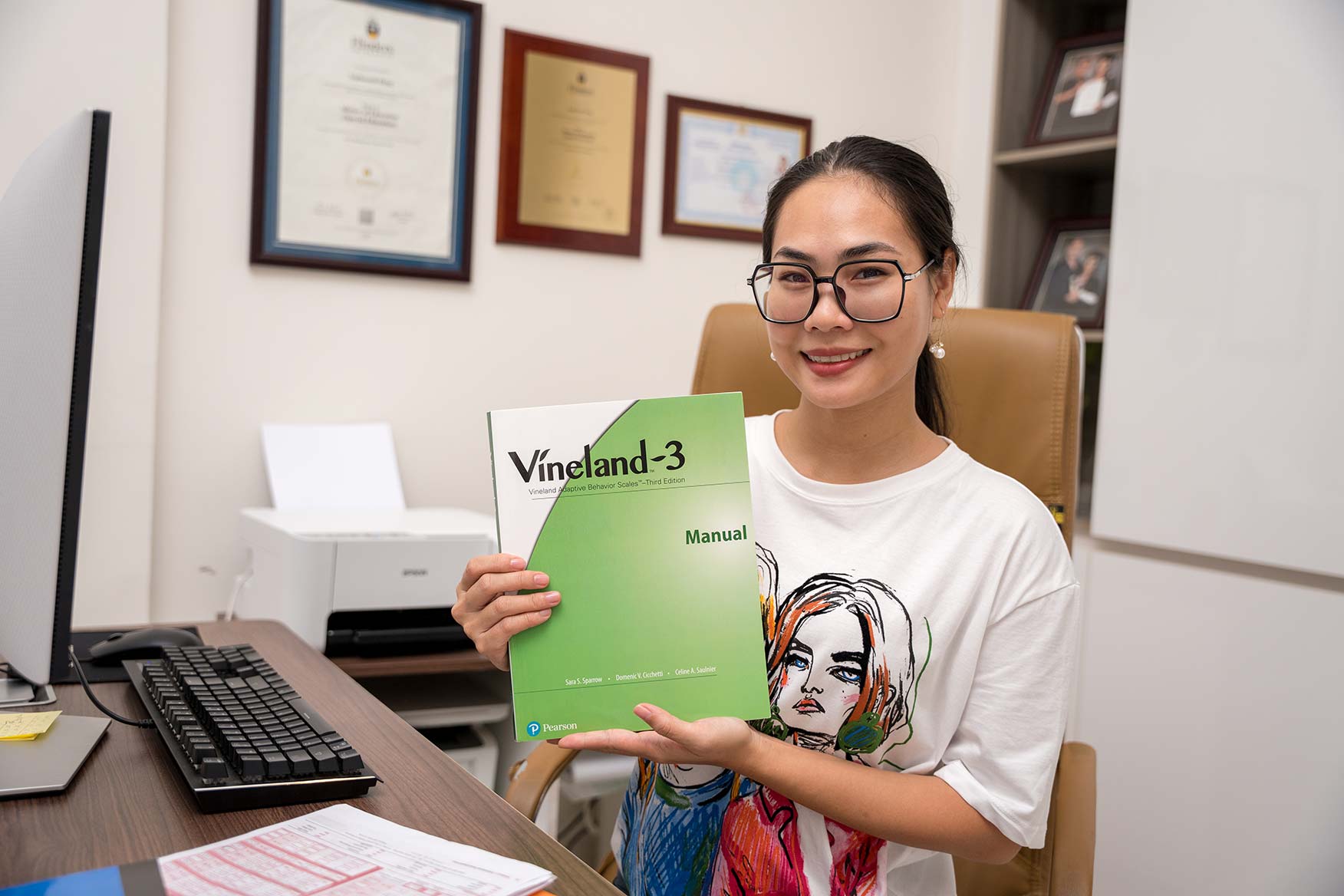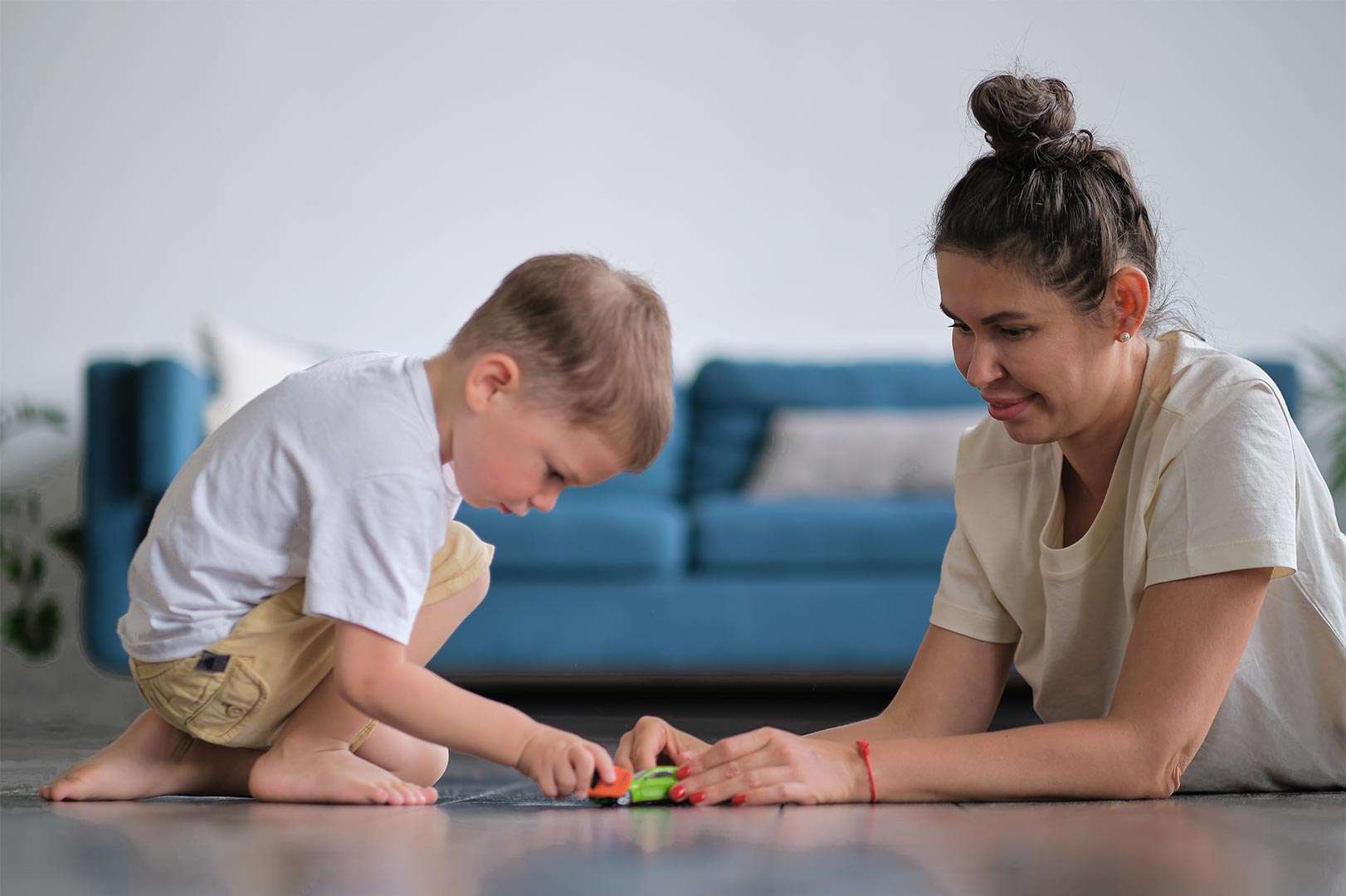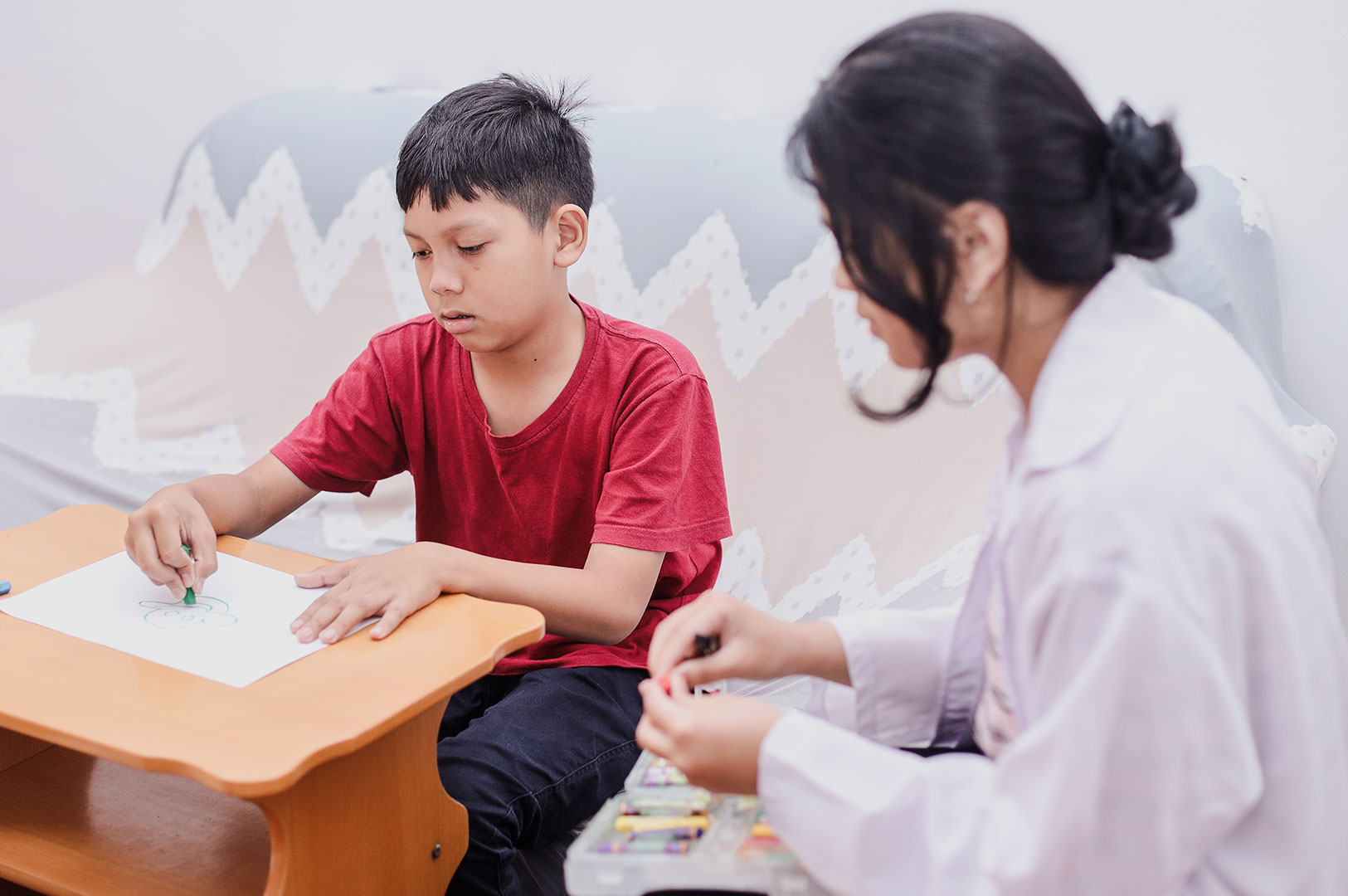Autism Spectrum Disorder (ASD) encompasses a range of neurodevelopmental differences affecting social communication, sensory processing, and repetitive behaviors. Understanding these differences often begins with an autism assessment, a crucial step for individuals and families seeking support and navigating available resources. However, the process can seem daunting, shrouded in uncertainties and misconceptions. This guide aims to demystify the autism assessment process, providing a clear and objective overview of its key aspects.
Who can benefit from an autism assessment?
An autism assessment can be beneficial for individuals of any age displaying characteristics suggestive of ASD. Early identification in children can facilitate access to targeted interventions and support services, optimizing their development and well-being. Adults seeking diagnosis may benefit from understanding their own strengths and challenges, enabling them to access appropriate support and navigate life more effectively.
What does the assessment involve?
Autism assessments are typically conducted by a team of qualified professionals, often including psychologists, speech-language pathologists, and occupational therapists. The process typically involves:
- Clinical Interview: A detailed interview with caregivers or individuals themselves to gather information about developmental history, current challenges, and family concerns.
- Standardized Assessments: Administration of standardized tests and questionnaires designed to evaluate specific areas of functioning, such as communication, social interaction, sensory processing, and repetitive behaviors.
- Observations: Observations of the individual in various settings, such as during play, social interaction, or structured tasks, to gain insights into their social communication and behavior patterns.
- Collateral Information: Gathering information from other relevant sources, such as teachers, therapists, or medical professionals, to obtain a comprehensive understanding of the individual’s functioning across different environments.
What are the different types of assessments?
Various assessment tools and approaches exist, tailored to individual needs and age groups. Some common types include:
- Diagnostic Interviews: ADOS-2 (Autism Diagnostic Observation Schedule), ADI-R (Autism Diagnostic Interview-Revised)
- Standardized Tests: Autism Diagnostic Interview Schedule, Social Communication Questionnaire, Sensory Processing Measure
- Developmental Assessments: Bayley Scales of Infant and Toddler Development, Vineland Adaptive Behavior Scales
What happens after the assessment?
Following the assessment, the team will analyze the collected data and reach a diagnostic conclusion. A comprehensive report will be provided, outlining the individual’s strengths and challenges, the diagnosis (if applicable), and recommendations for interventions and support services.
Important considerations:
- Autism assessments are not one-size-fits-all, and the specific process may vary depending on individual needs and circumstances.
- It’s crucial to choose qualified professionals with expertise in ASD assessment and diagnosis.
- A diagnosis of ASD is not a negative outcome; it provides valuable information for accessing appropriate support and maximizing individual potential.
- The assessment process can be emotionally challenging for individuals and families. Seeking support from qualified professionals and support groups can be helpful.
Understanding the autism assessment process can empower individuals and families to make informed decisions and navigate the journey towards diagnosis and support. Remember, a diagnosis is not an endpoint but rather a starting point for optimizing well-being and maximizing individual potential.
Find out if your child needs extra support today!
- My child screams hysterically
- My child is mean to other children
- My child is always worried
- My child is scared to go to school
- My child is scared of loud noises
- My child doesn’t know how to read
- My child is scared to play outside
- My child does not respond to his name
- My child always gets in trouble
- My child fights with other children
- My child doesn’t know how to count
If you are concerned about your child’s development, contact us for Assessments: Phone/Telegram: 077.455.993 – Telegram Link: https://t.me/OrbRom
If you are concerned about your child’s development, contact us for Assessments.
Phone/Telegram: 077.455.993 Link: https://t.me/OrbRom






Leave A Comment